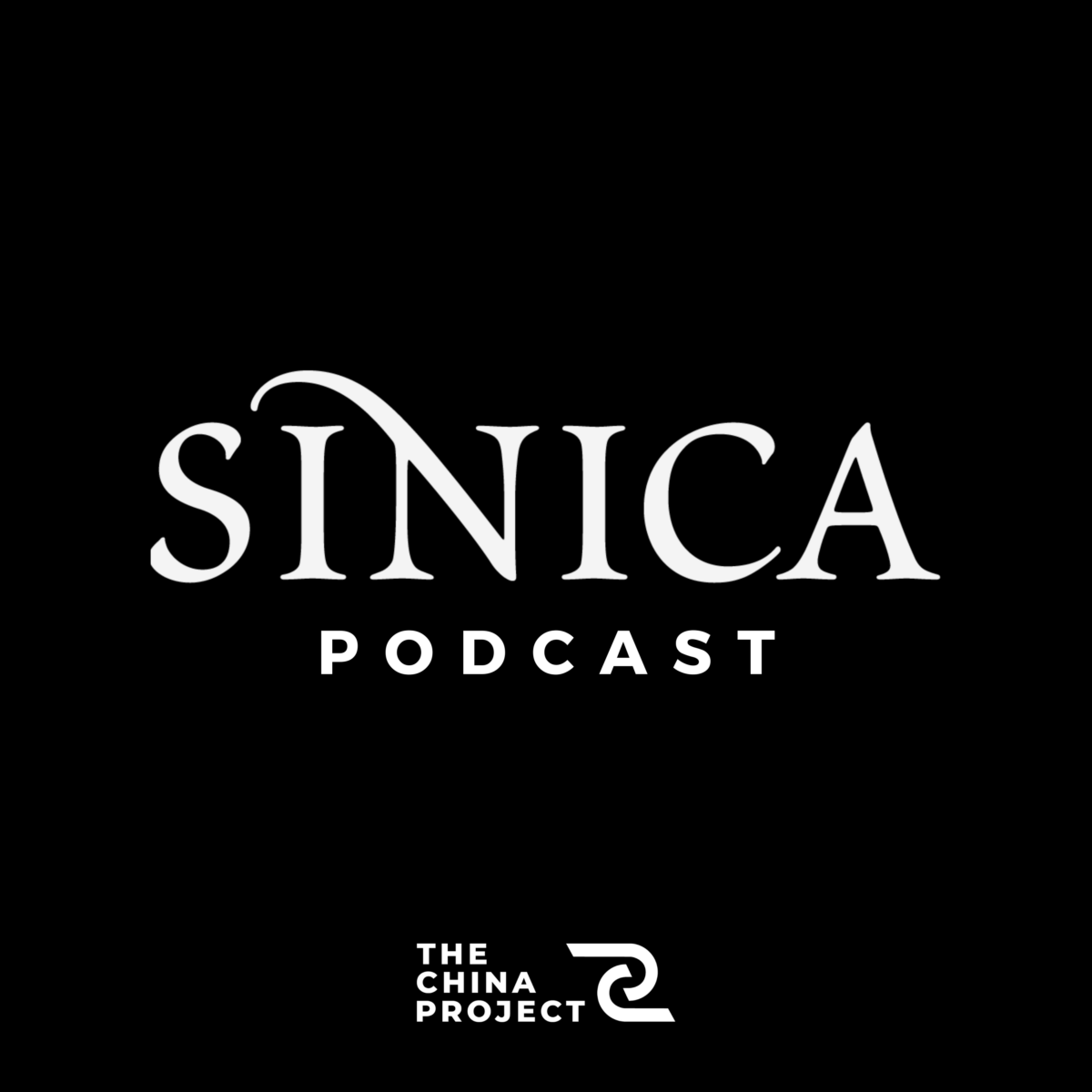Photo source: Manuel Frauendorf
Ryan Hass, who served as the Director for China on the National Security Council during President Barack Obama’s second term, is alarmed at the direction that the U.S. policy toward China has been taking, and offers good sense on what we could be doing instead. While clear-eyed about Beijing, he warns that the path Washington is now on will lead to some dire outcomes. Ryan joins Kaiser in a show taped at the Brookings Institution, where Ryan now serves as a Rubenstein fellow with the John L. Thornton China Center.
Today, we also publish on The China Project an essay by Ryan titled, “A crisis is a terrible thing to waste.” In the essay, Ryan explains why the U.S.-China relationship will not return to the days before President Trump was elected, and suggests five questions the U.S. policy community could use to structure its thinking towards China going forward.
What to listen for on this week’s Sinica Podcast:
3:10: China-watchers have witnessed tumultuous change in the U.S.-China relationship since President Trump’s election in 2016. Ryan elaborates on changes in Washington: “For 40 years, center-right and center-left policymakers basically had their hands on the steering wheel of American policy toward China. That changed two years ago.” However, this may not hold true outside the Beltway, according to Ryan: “If we look at polling by Pew, or the Chicago Council…what we find is that most Americans don’t think of China either as a partner or as a rival. They have mixed feelings on China.”
14:12: Ryan shares his opinions on the current moment we find ourselves in concerning the bilateral relationship with China. “I personally think that we are in the most precarious moment in the U.S.-China relationship that we have been in since 1979, or perhaps 1972,” he states, explaining that conflicting diagnoses on the main areas of contention result in greater disarray. Ryan adds that actors in Beijing claim that the United States’ “anxieties about China’s relative rise” in Washington have resulted in the heavy-handed policies, whereas on the other hand, those in Washington claim China has “stepped back from the path of reform and opening,” thus justifying the current approach.
32:13: Has the argument of containment reemerged in the era of Trump? Kaiser suggests that, with arms sales to Taiwan, F-35 sales to Japan, and the increasingly severe action and rhetoric taken against Huawei, one could hesitantly say yes if viewing the current state of affairs from Beijing’s perspective. Ryan responds: “There was a point in time when I could say confidently yes, that [containment] is an unreasonable conclusion for Beijing to draw… It’s harder for me to make that same case credibly anymore.”
However, he does make a poignant case for optimism: “I guess I am just reluctant to accept the fatalism that seems to be so enrapturing the Beltway right now that it is impossible for our two countries, or systems, to coexist with each other because they are fundamentally at odds.”
40:53: The nature of the relationship between the United States and China will be one of increased competition. What can be done about it? Ryan suggests a more proactive approach, saying: “For me, the core question, though, isn’t whether we as Americans should feel righteous in our indignation about certain Chinese behaviors, but really: What should we be doing about it?”
Recommendations:
Ryan: The Back Channel: A Memoir of American Diplomacy and the Case for Its Renewal, by Bill Burns, a source of inspiration for Ryan in his diplomatic career, and the Hamilton soundtrack.
Kaiser: Pops: Fatherhood in Pieces, a collection of essays by Michael Chabon.
This podcast was edited and produced by Kaiser Kuo and Jason MacRonald.








